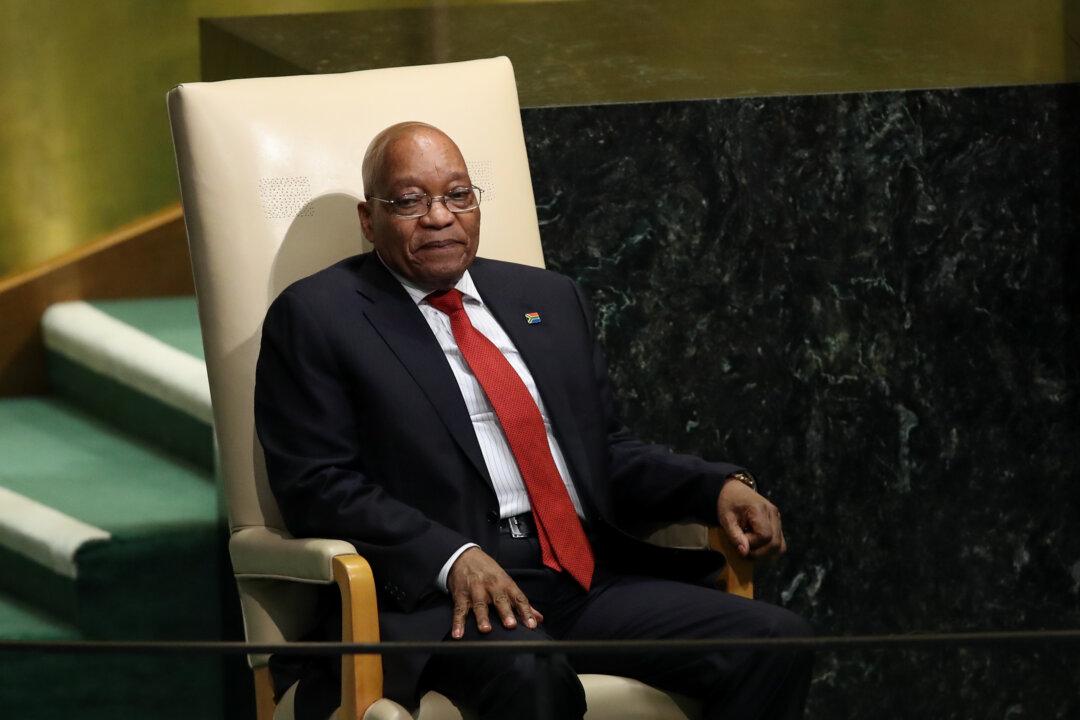JOHANNESBURG—The ANC has decided to sack Jacob Zuma as President of South Africa, a senior official said on Tuesday, after a marathon meeting to determine the fate of a leader whose scandal-plagued years in power darkened and divided Nelson Mandela’s ‘Rainbow Nation.’
The decision by the ruling party’s national executive came in the early hours of the morning, after 13 hours of tense deliberations and one face-to-face meeting between Zuma and his presumed successor, deputy president Cyril Ramaphosa.





